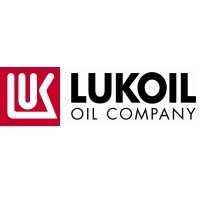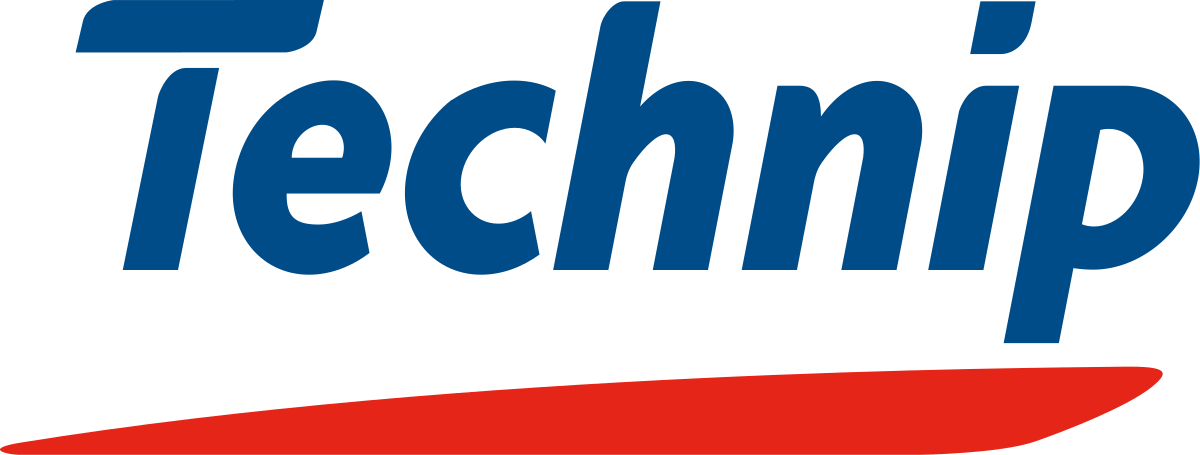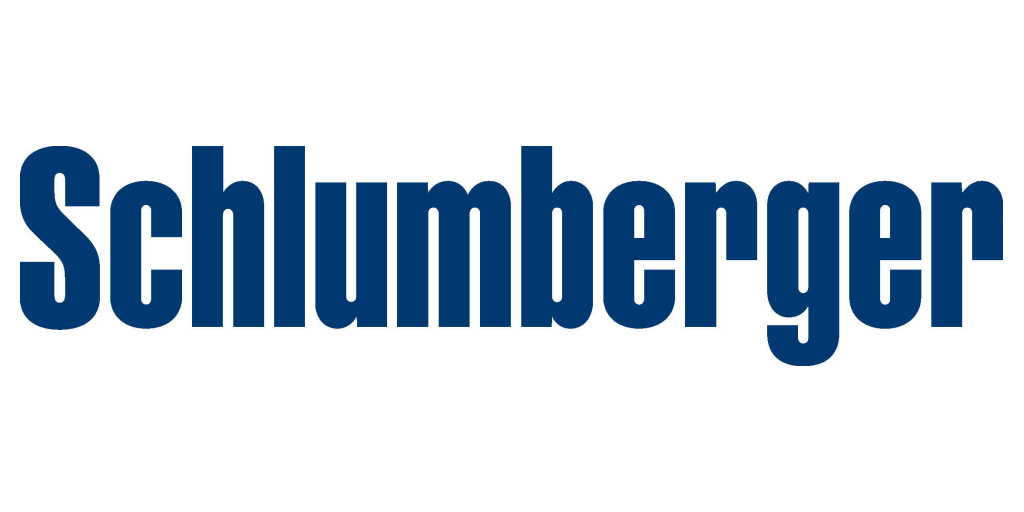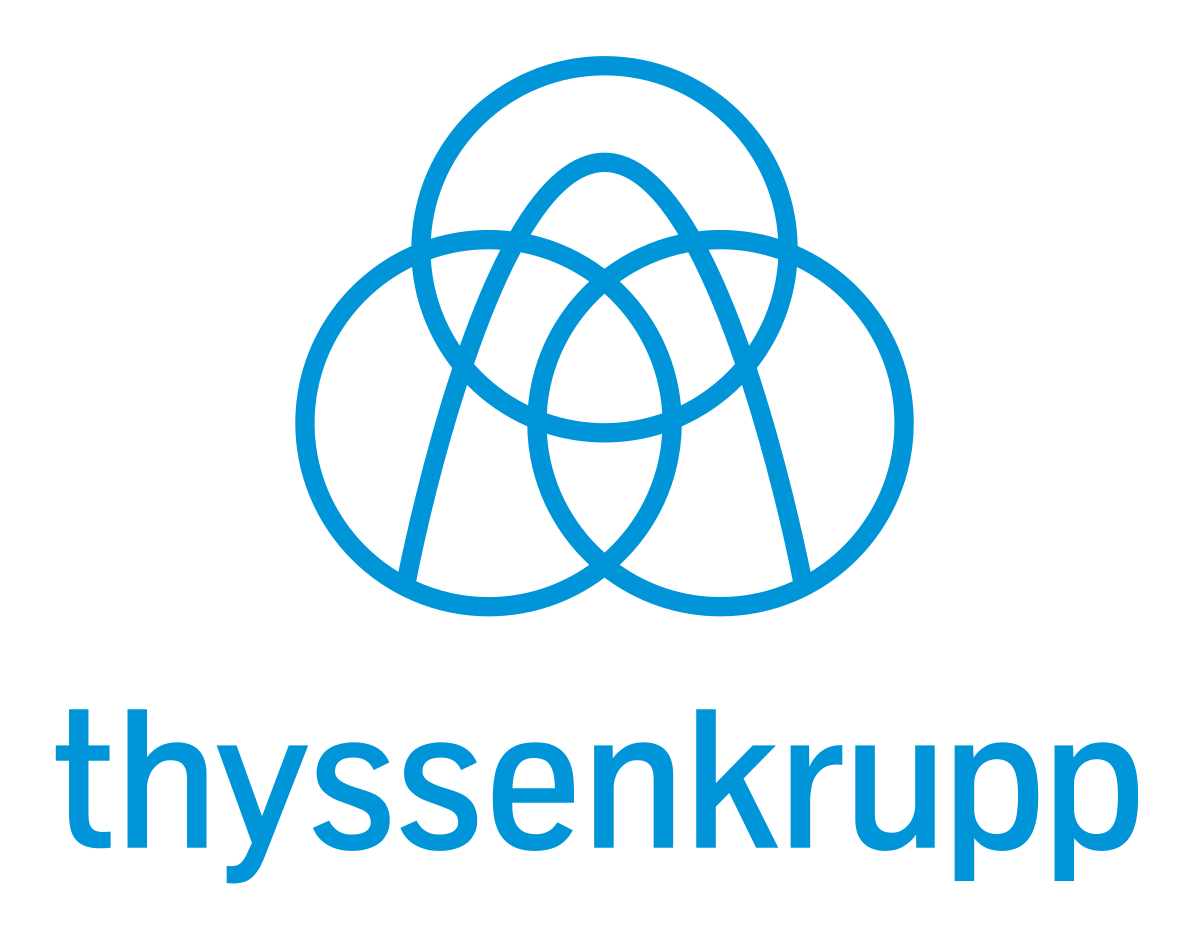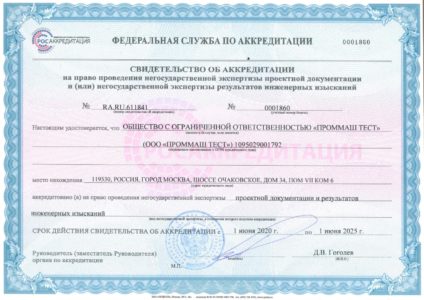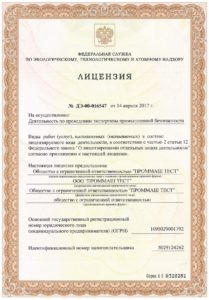
One of the basic principles of the EEU (and the Customs Union (CU) as its substructure) is the free movement of goods within the common customs territory of its member states and common measures of regulation of their foreign trade. Trade goods are subject to unified safety requirements, established in special legal acts – technical regulations (hereinafter – technical regulations, TR) for various types of products. One of the documents confirming that the products are made in compliance with all requirements is a declaration of conformity (hereinafter – the declaration).
What is the declaration of TR CU (EEC)
Declaration is one of the forms of mandatory confirmation of conformity in the territory of the EEU. The form and content of the declaration are regulated by the Decision of the Board of the Eurasian Economic Commission of December 25, 2012 N 293.
The declaration is subject to registration in the Unified Register (FGIS). The document is valid throughout the EEU regardless of the country in which it was registered.
Legally, the certificate and the declaration are fully equal.
The official register of declarations can be found on the website of the Federal Accreditation Agency (FAS). Thus, any interested parties: supervisory authorities, potential partners or consumers – if necessary – can verify the authenticity of the document presented to them. There you can also check its current status: whether the declaration is currently valid, or whether it has been suspended or terminated.
The declaration can be made in one of the following ways:
- accept the declaration on the basis of your own evidence;
- accept the declaration on the basis of their own evidence, evidence that was obtained with the participation of the certification body and (or) accredited testing laboratory.
Who needs to draw up a declaration of the TR CU (EEU)
The declaration is needed for everyone who intends to sell their goods in the common market of the EEU countries, if these goods fall within one of the technical regulations and, according to its requirements should be declared. The person in whose name the document is issued is called an applicant or a declarant.
Applicants can be legal entities registered in Russia and individual entrepreneurs who are:
- manufacturers or sellers;
- perform the functions of a foreign manufacturer on the basis of a contract with it: ensure compliance of the supplied products with the requirements of technical regulations and bear responsibility for non-compliance of products with the requirements of technical regulations.
The range of applicants is established by the relevant technical regulations.
The declaration can be issued by:
- manufacturer of goods;
- the official representative of the foreign producer in the EEU countries acting on the basis of the contract with it;
- the supplier of goods (seller).
Types of goods that require a declaration
- electrical equipment, machinery and equipment;
- food products
- clothing and footwear;
- cosmetics and perfumes;
- packaging and packaging products;
- chemical industry products (fuels, petrol, lubricants, and oils)
- cables
- other products.
Registration of the TR CU Declaration
The key difference between the declaration and the certificate is that the declaration is the responsibility of the applicant (declarant), not the certification body. He must collect all the documents required by the technical regulations. He is also responsible for the reliability of all the information specified in them.
Conformity of products is confirmed by the results of a particular procedure, which is called a declaration scheme. Each technical regulation establishes several such schemes that can be used at once. In this case, most of the schemes include tests of product samples. They – depending on the scheme – the applicant can carry out their own laboratory or apply to an independent accredited laboratory.
The declaration itself is also filled out by the applicant. The rules are established by Decision № 293 of the EEC Board of 25.12.2012. Then the applicant registers the declaration in the register. To do this, he must first obtain a digital signature.
It is worth noting that a number of technical regulations provide for the possibility not to declare products, but to certify them. The decision on this is up to the applicant. In this case, the required procedure is conducted by a certification body, the accreditation scope of which includes the desired product.
Period of validity of the declaration of TR CU (EEC)
Period of validity of the declaration depends on the chosen scheme of declaration and is specified in the relevant technical regulations on the product. The declaration can be as an “open” date, that is, indefinite (for a batch of goods), and have a limitation on the duration (for serial products). According to most technical regulations, the maximum period of validity of the declaration is 5 years.
The declaration with expired period of validity and all related materials must be kept by the applicant for ten years (if the technical regulations do not set another term). The document will have to be submitted at the request of the state supervisory authorities of the executive branch.
Drawing up a declaration with the help of «Sercons»
Since 2021 the declaration of compliance for all technical regulations (except for ТR CU 00/2011, ТR CU 002/2011, ТR CU 003/2011 and ТR CU 006/2011) can be issued and registered only by the applicant.
However, we are ready to help and assist the applicant in carrying out the declaration, namely:
- provide the exact list of documents that are required of you;
- organize product tests in an accredited laboratory;
- conduct a study of the product type;
- help to fill in the declaration form correctly;
- advise how to obtain an EDS (you need it to register the declaration in the register);
- check all the documents;
- upload a draft of the declaration with the documents to the registry FGIS (you will only need to sign it with your EDS).








